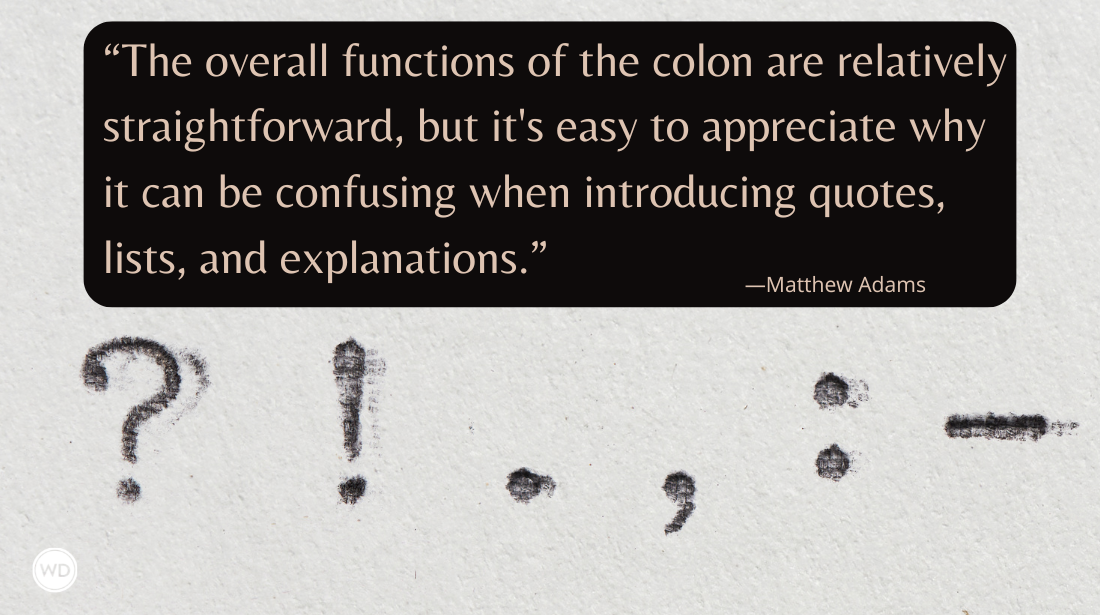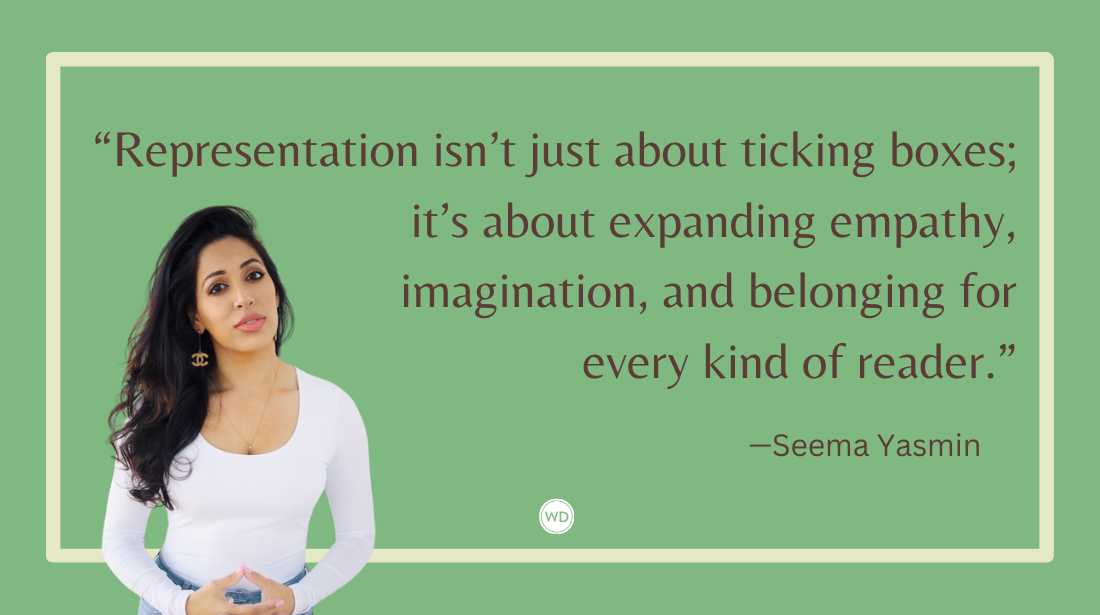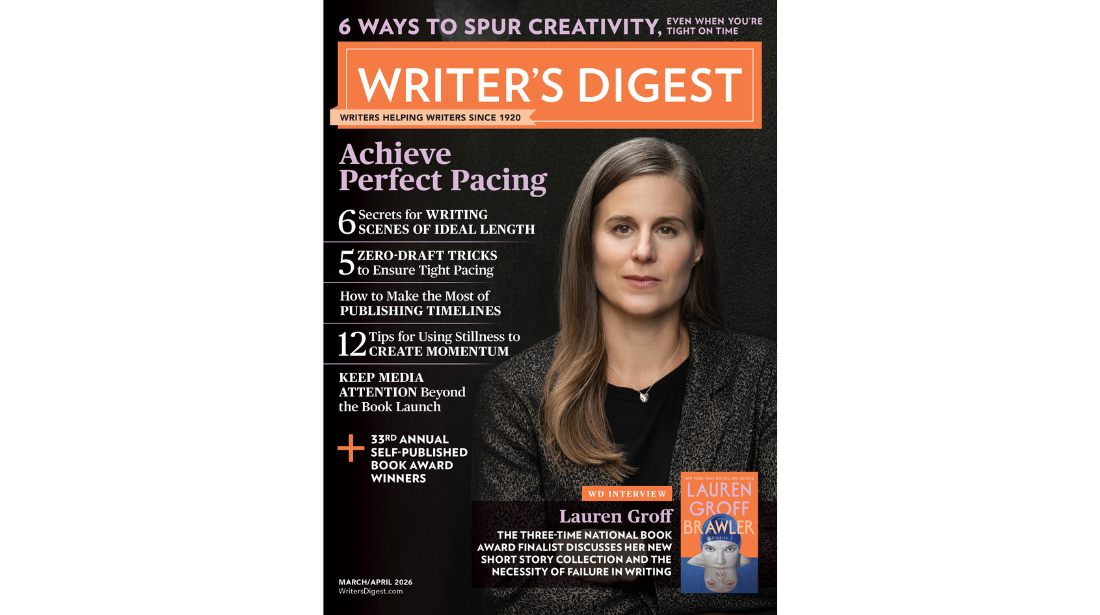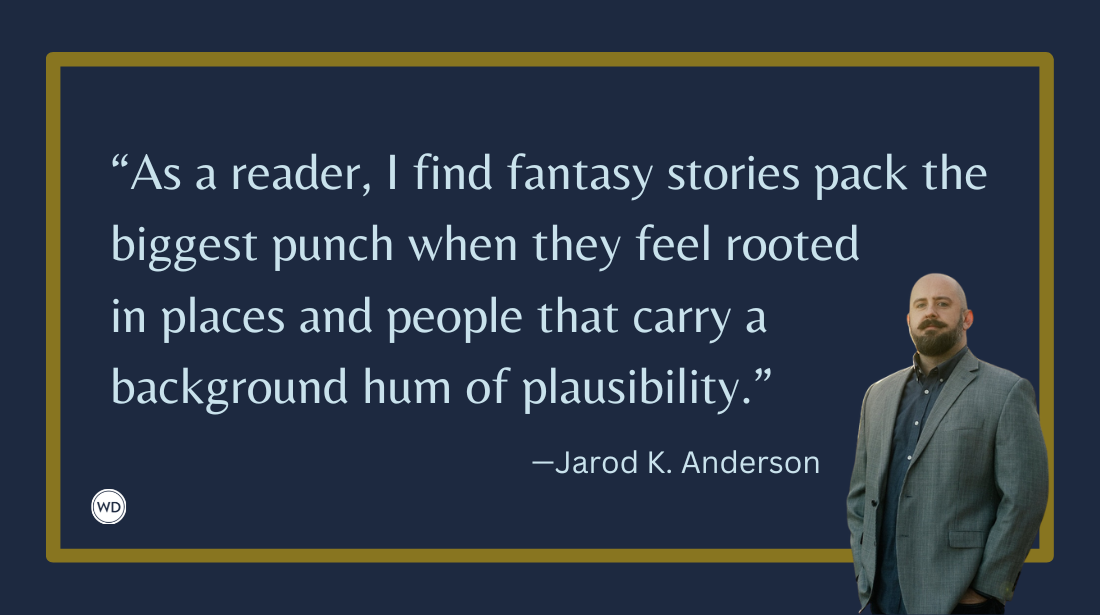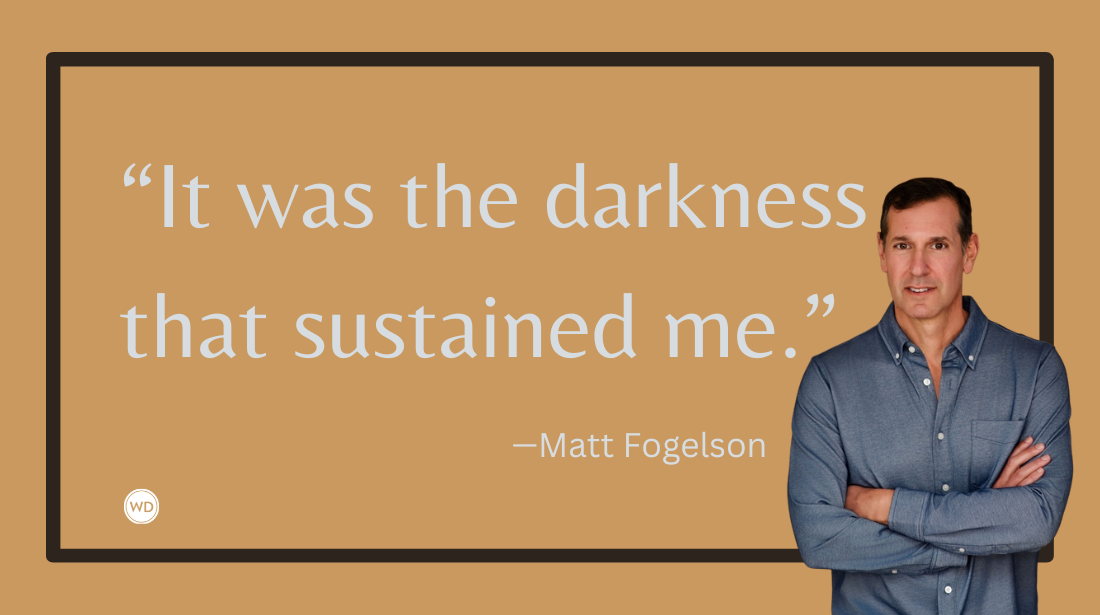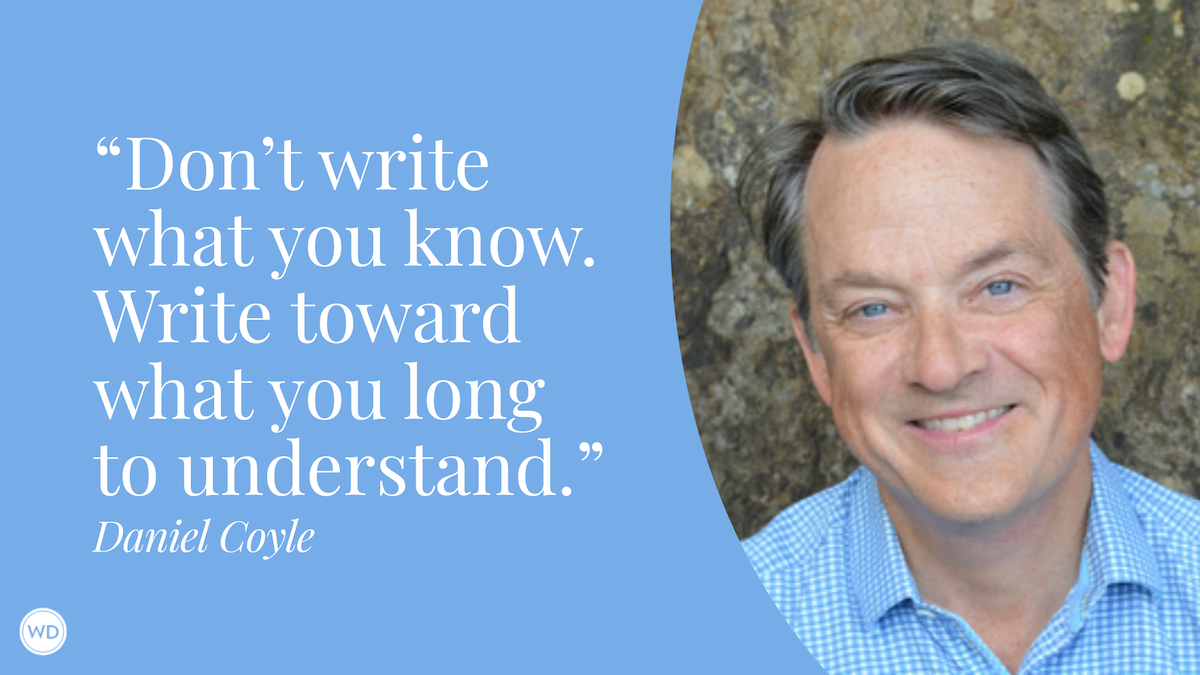My Favorite Student Essay of All Time
Author and senior scholar at the Poynter Institute Roy Peter Clark shares his favorite student essay of all time, including why.
(Editor's note: This is an excerpt from Roy Peter Clark's Writing Tools for the College Admissions Essay. This excerpt focuses on an essay by Emme, but mentions another one by Sam, which is not included in this excerpt.)
I am about to introduce you to one of my favorite student essays. Maybe my absolute favorite. There is a story behind it. Over many years, I have worked with a public school teacher named Holly Slaughter. She is an expert on teaching reading and writing, a published author, and a leader for teachers at the elementary school level. Holly has two daughters, and the younger one, Emme, was working on her college admissions essay. She wanted to join her older sister at the University of Florida. Now Holly knows how to coach writers of all ages, but as sometimes happens in families, Emme preferred not to be coached by her mom. That’s where I came in.
Emme sent me a draft of her story. I read it once; I read it again, thinking of ways I might help her improve the draft. I read it a third time. Then I messaged Emme and her mom. “It’s perfect,” I told them. “I have no changes to suggest. If UF reads this and does not accept you, you don’t want to be there.”
What was all the hubbub about? See if this essay excites you as much as it did me.
She Wants to Be an Astrophysicist: Get Used to It
By Emme Slaughter
(650 words)
Two years ago, I won my family’s Fantasy Football League. To many this may not seem like a highly esteemed accomplishment. But if you were to ask me how I felt, I would have told you I won the actual Super Bowl.
I eagerly began to count down the days until Christmas, excited not for the holiday itself, but instead because I would get to see my entire family gathered at one long dinner table. Put in more accurate terms, I would be surrounded by people who had all just suffered defeat to the youngest member of the family. I was ecstatic.
My whole life, I had spent every Sunday and Monday night sitting on the very edge of my couch with my dad, ready to leap out of my seat and cheer at any play that gained over 30 yards. I memorized all the penalties, all my favorite players’ names, and became my mom’s favorite person to ask when she got a football question on her Sunday crossword.
So, when I walked into Nana and Poppa’s on Christmas with a big grin on my face, exuberant to talk about my team’s flawless fantasy season, I was not expecting the response from my oldest cousin, Josh: “How could we get beaten by a girl?” My heart sank as ripples of laughter, mostly from my boy cousins and uncles, echoed throughout the room.
While my response to Josh should have been a confident “Get used to it,” my fifteen-year-old self could not muster a word. I tried to hold back tears. Was I embarrassed? And why? I now know that what I was feeling was shame, rooted in the message that a woman could never be more knowledgeable than a man at football, or anything for that matter.
The way that I view the world changed on that day. I became heightened in my awareness of gender roles and societal perceptions, especially as I explored my future in STEM. In my AP physics class, I couldn’t help but notice that I was part of a very small portion of girls in a male-dominated class.
Between freshman and sophomore year, I was invited to attend an engineering camp at a state university. Excited, I listened to the camp leaders share the agenda for the week, including all kinds of engineering activities and competitions. We would build marshmallow launchers, attend lectures, and kick off the camp with the ultimate competition: science trivia.
I remember looking around the room and noticing the majority of male students. I found myself allowing the implicit message to seep into my brain: boys are naturally better than girls at science. Wasn’t the very make‑up of the room showing me just that? I blocked out everything and focused on answering the questions at break-neck speed. Later, when I held the pineapple-shaped trivia championship trophy above my head, all of my fellow campers, boys and girls, were screaming and cheering me on.
Today, I have taken Marie Curie as my role model, and just as she did, I strive to be the best in everything I do regardless of whom I compete against. Curie discovered radium. She observed that radiation wasn’t dependent on the organization of atoms at a molecular level; something was happening inside the atom itself. The atom is not inert, indivisible, or solid.
Like Curie’s discovery, something has happened inside me, deeper than the molecular level. There have been times that I have been shaken and so unsure of myself that I was unwilling to speak. And times when I have felt indivisible and unstoppable. I am growing to understand that it does not matter whether I am attempting to succeed in a career dominated by men, because my mind and actions are completely independent of those around me. For those who doubt me along the way, I say, just wait and see. And get used to it.
THINGS I LOVE ABOUT THIS ESSAY
It’s the essay only Emme could write.
It has a catchy title. This essay has a title and a brief subtitle, both of which tell us something about the writer. If you have a catchy title that attracts the interest of the reader and also captures the main message of the essay, you are in great shape. Notice that her desire to become an astrophysicist is never mentioned in the story. But she doesn’t have to because that title is like something on a billboard or a movie house marquee. The title tells, and the story shows. Meanwhile, the subtitle, “Get used to it,” is a brilliant use of a catchphrase that expresses the strong voice of the writer. Notice that she uses it three times — which in writing is always a magic number. She uses it in the subtitle, in the middle, and then again at the end. You plant it, you water it, you harvest it.
It has spirit. Sam’s story had a playful spirit. Emme’s essay has spirit, too, from first word to last. Sam is a romantic. Emme is a warrior princess, someone who is determined, indefatigable (which means she is tireless!) with her eyes on the prize. She has heart, which she displays in the most casual settings, and the most serious ones.
It has a focus. One way to tell if an essay has focus is to try to summarize the meaning in as few words as possible. She does the trick with the title, but supports it throughout: “I am a determined young woman whose vocation is to work in a field now dominated by boys and men. It doesn’t matter if you approve or not. Here I come.”
It reveals her character and her knowledge base. When I read the essay, I drew immediate conclusions about what kind of person the writer is. From the evidence of the text, I would use these adjectives: intelligent, curious, determined, focused, versatile, sensitive, clever, organized, and literate. She could have referenced Shakespeare rather than Madame Curie, but she makes the good decision to reveal the knowledge base she wanted to pursue. And it gets brainier and brainier. In that sense our author, intelligent throughout these 650 words, reveals her intelligence in stages. It is obvious that colleges and universities want to accept brainy young people, and the readers of this essay will get a good insight into what this student already knows and what kind of learner she is likely to be.
Its use of detail
It has vivid scenes. The first scene is at a family Christmas dinner, where the boys shame each other for losing to a girl. It includes that snippet of dialogue. Her disappointment in that moment is neutralized in the second scene where she lifts the trophy. I love the fact that she includes the detail that the trophy is shaped like a pineapple.
It shows and it tells. In kindergarten, I learned the game show-and-tell. I would bring in an object from home and tell the class a story about it. Never did I think that it would lead to a lesson I would use in my writing for a lifetime. Emme tells us about boys thinking that they are better in science than girls, and she also shows us that bias in action. She tells us about how she grew in her confidence, and we see it when she holds up the trophy. Show and tell.
It has a great backup singer. My analogy of the backup singer refers to any person, living or dead, famous or not, whom you quote or refer to in your essay. Our young author chooses a brilliant one: Madame Curie, one of the most famous scientists in history — and, of course, a woman.
It moves from popular culture to science. It is so much fun to witness that journey this writer takes us on, from a family gathering focusing on football and popular culture to lessons at the end about her knowledge of science.
Its use of language
It reveals the power of two. The number of examples a writer uses has meaning. When a writer uses two examples, they are asking the reader to compare and contrast. In that sense, Emme offers two moments of triumph: the football pool and the science trivia contest. They are alike, but different.The first one leaves her disappointed because the boys reveal a belief that they are or should be better than girls. In the second, she is cheered and celebrated by all.
It climbs up and down the ladder of language. The writer uses two different types of language. Words that make us think, and words that help us see. Words about ideas, and words about things. A phrase about ideas, such as “awareness of gender roles and societal perceptions” is high on the ladder. But words lower on the ladder, such as “marshmallow launchers” and “pineapple-shaped . . . trophy” are things we can see and hold in our hands.
It makes good use of white space. OK, I fibbed just a little. The essay wasn’t perfect. I did make one suggestion to improve it. I thought, in her original version, Emme’s paragraphs were a bit too long. There is nothing wrong with good long paragraphs, except for this: They are harder to read than shorter ones. You know that a sentence ends with a period. But you may not have thought that a paragraph ends with a period followed by white space. That white space helps the reader relax. The reader can see the parts better. If a reader sees a 650-word paragraph, they assume that the meaning, like the visual text, is dense and difficult to plod through.
It has a transformative journey.
It reveals how she overcomes obstacles. It turns out that a character’s ability to overcome obstacles remains an enduring pattern in storytelling, one that has existed from the earliest examples of Western literature. You may have heard of an ancient epic called the Odyssey, in which it takes the hero ten years to find his way home after the Trojan War. Or think of everything that Harry Potter must suffer, including the murder of his parents when he was an infant, before he can overcome the ultimate evil. The famous novelist Kurt Vonnegut advises writers to create a likable character and then spend five hundred pages doing terrible things to him. The idea is to see what the hero is made of. In Emme Slaughter’s case, she has 650 words, not 650 pages, but we see what she is made of — in her family and in her education — by overcoming traditional obstacles placed in the path of women’s achievement.
It ups the ante. Emme’s essay moves in lots of ways. One move is from less serious to more serious. She wins in a fantasy football league. Then she wins at a science camp. Then she chooses Marie Curie, one of history’s most famous scientists, as a role model. This is clearly a resilient young woman who would thrive in a demanding academic environment.
It has a strong ending. I think of a good ending as a gold coin the writer gives the reader for making the journey. Thanks for reading all the way through. This reward is for you. What makes Emme’s ending so strong is that she has foreshadowed it, beginning with the title and then building steam through the text.
Epilogue: The world of science, from the time Emme was a little girl, imposed obstacle after obstacle to her achieving her dreams.
Paul Cottle, a physics professor at Florida State University, writes about how few women wind up in his engineering, math, and computer science classes. The number can be as low as one in five, even though many universities are more than 60 percent female. That last data point may make it harder for women to get into schools that do not want a great imbalance between women and men.
I caught up with Emme’s work at the University of Florida, the college of her choice. As a sophomore, she earned a position as a research assistant to a science professor. She wrote in a text: “Yes, we will be doing biosignature detection using gas chromatography-mass spectrometry with the Mars Rover and other landers!! And then doing field work and running rock samples through the GC‑MS system here and comparing them with the samples we get from the Rover data to search for evidence of life beyond Earth!! I start tomorrow.” It appears the young woman, whose boy cousins mocked her in her youth, is living her dream to become an astrophysicist.
So far you have seen the essay by Sam French, which reveals his wit, his charm, and his intelligence. Then you met Emme Slaughter, who shows us her brains, her commitment, and her determination. I did not coach either Sam or Emme, even though I have known their families since they were young children. Both have the advantage of being born into families where reading and writing are very important. Sam is the son of a prize-winning journalist and an outstanding high school English teacher. I have worked with Emme’s mom, Holly Slaughter, who is a leader among language arts teachers in the public schools. I think it’s cool that neither Sam nor Emme sought out their parents for help when it came time to write their essay. Each wrote the essay that only they could write.
Check out Roy Peter Clark's Writing Tools for the College Admissions Essay here:
(WD uses affiliate links)
Credit line: Excerpted from WRITING TOOLS FOR THE COLLEGE ADMISSIONS ESSAY by Roy Peter Clark. Copyright © 2025 by Roy Peter Clark. Used with permission of Little, Brown Spark, an imprint of Little, Brown and Company. New York, NY. All rights reserved.




